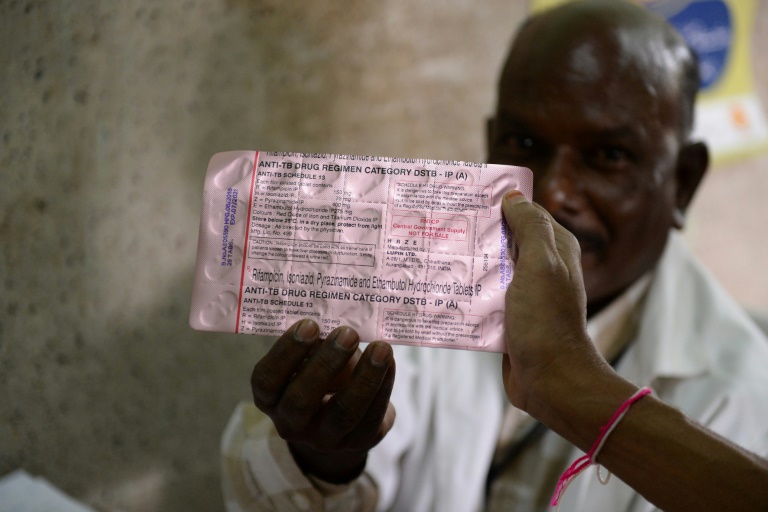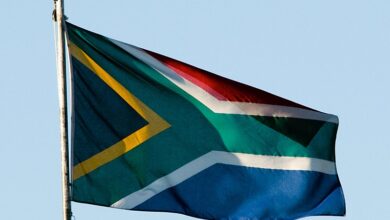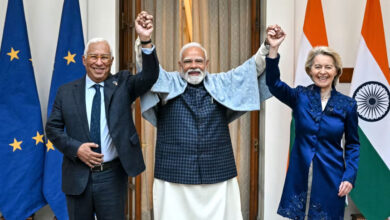
French pharmaceutical giant Sanofi slashed the price of a key anti-tuberculosis drug on Thursday, boosting the battle against the world’s deadliest disease alongside the US launch of tests for a new treatment.
The initiatives came as the United Nations seeks to galvanize the campaign against TB, which killed 1.5 million people last year and saw 10 million more infected.
Scientists, who hailed Sanofi’s decision to cut the price of its rifapentine drug by two thirds, said the medical shield offered by such treatments would be crucial to the UN aim of eradicating the disease by 2030.
“This lifesaving drug has, until now, been completely unaffordable in developing countries,” said Lelio Marmora, head of Unitaid, a global health initiative that helped broker the landmark deal between the firm and the Global Fund.
“This agreement will help transform political commitment to tangible action,” he added.
Sanofi, the world’s third biggest pharmaceutical maker by turnover, has cut the price of a three-month course of rifapentine from $45 to $15 for 100 poor nations struggling with the disease.
The cheaper price means aid agencies and governments will be able to use the medicine more widely in their treatments.
Rifapentine, combined with the drug isoniazid, helps shield a person who has the TB infection from developing the disease but also from passing it on to others.
The announcement was made at a global lung health conference in Hyderabad, India, involving some 3,500 researchers, TB survivors and activists from more than 80 nations.
India accounts for a quarter of world’s TB cases.
Growing resistance
The price cut follows an announcement earlier this week by Britain’s GlaxoSmithKline that a new vaccine tested in three African nations had shown particular promise.
The treatment had 50 percent effectiveness three years after it was given to participants in Kenya, South Africa and Zambia who already have TB bacteria but have not fallen ill.
And the US National Institutes of Health (NIH) said Thursday it was launching a huge trial across more than 12 countries for people exposed to drug-resistant strains of the disease.
The study will test a new drug on vulnerable populations such as children and those with weakened immune systems, including HIV-positive people.
Aid agencies have become increasingly frustrated at the slow pace of fighting the disease, with the existing vaccine almost a century old and only good for limited forms of the illness.
Some strains of the illness have become resistant to some drug treatments because of their irregular use.
“The reason drug-resistant TB is such a problem is because it is so much more difficult to treat, it costs so much more to treat and also… the morbidity and mortality is much higher,” NIH’s Peter Kim told AFP.
French President Emmanuel Macron last month pressured donors to replenish the Global Fund to Fight AIDS, Tuberculosis and Malaria amid fears that gains in tackling the diseases are being lost because countries are more reluctant to donate cash.
Macron said $13.92 billion was pledged, just short of the target of $14 billion.




